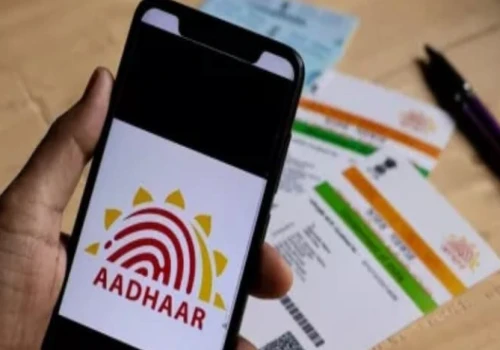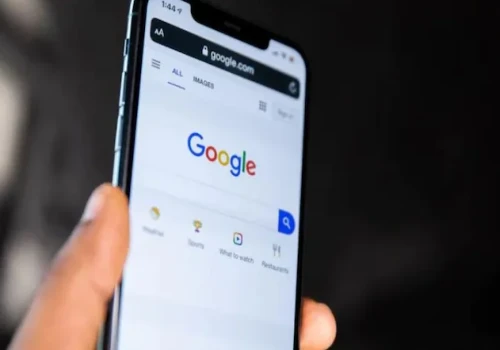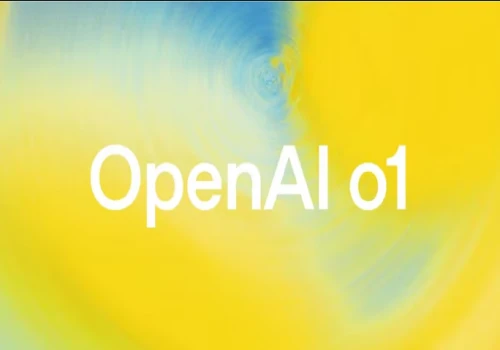
Understanding the "Digital Arrest" Scam
A "digital arrest" scam is a type of online fraud that tricks people into believing they are in trouble with the law. In this scam, criminals claim that you have done something illegal, like not paying your taxes or breaking a law. They say that because of this, you are at risk of being arrested. These scammers often use emails, phone calls, or text messages to tell their victims about the supposed arrest. They try to make it sound very serious and urgent, hoping that the person will panic and act quickly, like sending money.
How the Scam Works
The scam usually starts with a phone call or an email. The person on the other end might claim to be from the police, the government, or even a court. They will tell you that you have broken a law and that there is a warrant for your arrest. They might say that if you don't pay a fine immediately, the police will arrest you. The scammers try to create a sense of fear and pressure to make you act without thinking.
The scammers often ask for money in strange ways. For example, they might ask for gift cards, wire transfers, or even cryptoc urrency. These payment methods are hard to trace, which is why scammers prefer them. Sometimes, they will give you fake contact information, like a phone number or website, to make it look like they are real law enforcement officers or government workers.
The goal of the scam is simple: to steal your money. They hope that you will be scared and believe their story, so you will send them money without questioning it.
Why People Fall for the Scam
There are several reasons why people might believe a "digital arrest" scam:
- Fear of Legal Trouble: Many people are afraid of being arrested or facing legal consequences. Scammers know this and use fear to control their victims.
- Urgency: The scammers make the situation seem urgent, telling you that you need to pay right away to avoid arrest. This pressure can make people act quickly without thinking clearly.
- Fake Authority: The scammers pretend to be real police officers or government workers, which makes their message sound more trustworthy. They might even use official-looking logos or documents.
- Lack of Awareness: Many people are not familiar with scams like these. They may not know that it’s not normal for law enforcement to ask for money over the phone or by email.
How to Protect Yourself
It’s important to know how to protect yourself from "digital arrest" scams. Here are a few tips:
- Never Send Money Immediately: If someone tells you that you are under arrest and asks for money, it is most likely a scam. Law enforcement agencies do not ask for money this way.
- Verify the Information: If you get a suspicious call or message, do not respond right away. Contact the police or the government office directly using a trusted phone number to check if the message is real.
- Don’t Share Personal Information: Scammers might ask for personal details like your Social Security number, bank account information, or passwords. Never give out this information over the phone or by email.
- Report the Scam: If you think you are being scammed, report it to your local authorities or the relevant government agency. They can help investigate the situation and warn others.
However, you can protect yourself by staying calm, checking the facts, and not giving out personal information. If something sounds too good to be true, or if you feel pressured, it’s always best to double-check before taking any action.










